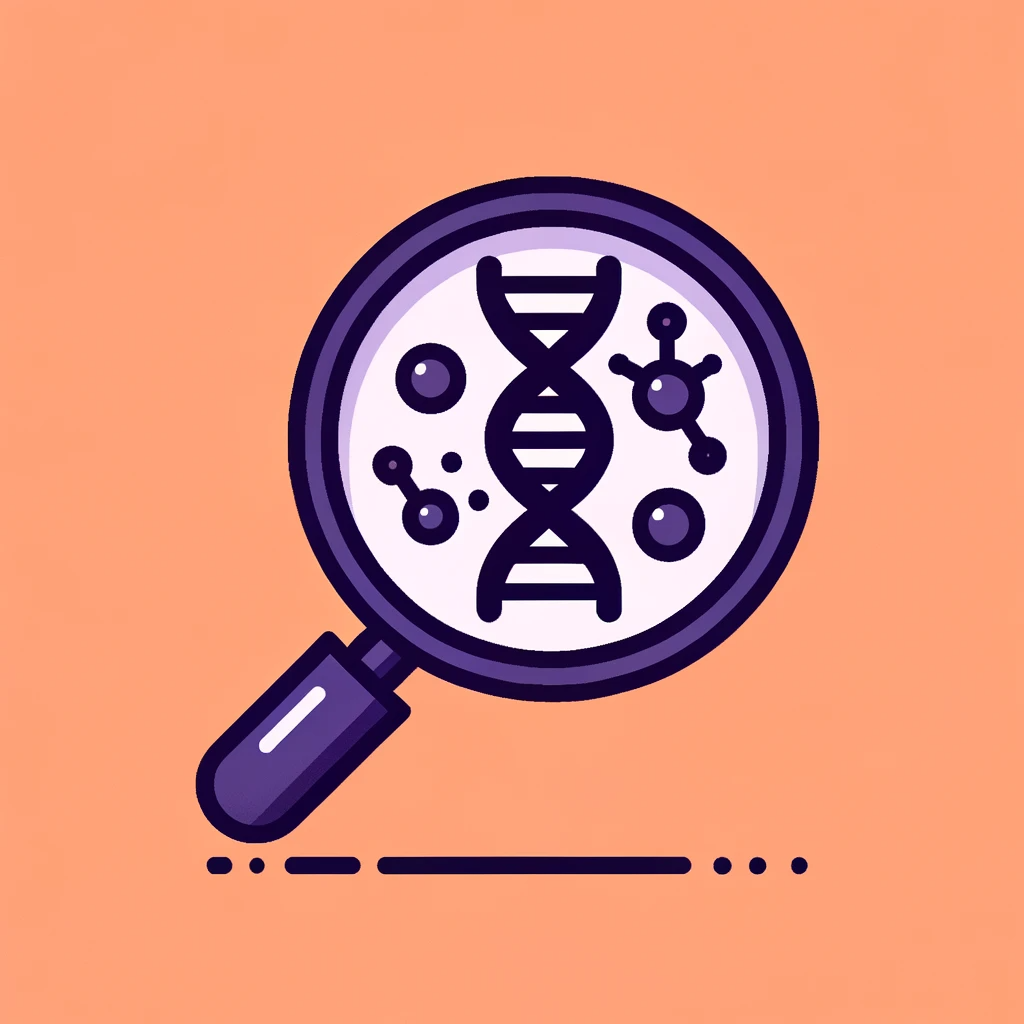Areas Arta excels in
At Arta Bioanalytics, our core strength lies in our diverse range of scientific and bioinformatics capabilities. Our team's combined years of academic and industry experience have equipped us with a deep understanding of many analytical techniques.
From multiomics integration and media development analysis to data mining and computational modelling, we approach each project with a systematic precision. Our breadth of knowledge ensures that we can navigate the complexities of cultured meat data analytics and deliver actionable insights tailored to your projects needs.
Our focus areas

Mastering Multiomics for Cultured Meat at Arta
In cultured meat R&D, multiomics offers unparalleled insights to optimize production and quality. Here's how:
Genomics: Ensure genetic stability of cell lines. Optimize for growth, texture, and nutrition by mapping cellular blueprints.
Transcriptomics: Monitor gene expression under various culture conditions. Fine-tune media for consistent product quality.
Proteomics: Analyze protein profiles for taste and texture optimization. Decipher protein interactions for improved muscle fiber formation.
Metabolomics: Study metabolite profiles to understand cell health, growth rate, and nutrient utilization. Adjust culture media for efficient metabolite production.
Lipidomics: Dive into lipid profiles to influence fat distribution and taste. Optimize lipid content for marbling and mouthfeel.
With our optimized pipelines and industry partnerships, Arta Bioanalytics swiftly onboards and navigates your complex multiomics projects in the cultured meat domain.

Optimized Media Development at Arta
Cultured meat production demands precision-crafted media formulations to ensure optimal cell growth, health, and product quality. At Arta, we seamlessly blend traditional techniques with advanced analytics:
Omics Analyses: Leverage transcriptomics and metabolomics to gauge nutrient utilization and cellular responses, tuning media components for ideal growth and differentiation conditions.
DoE (Design of Experiments): Strategically plan experiments to quantify the influence of media components on cell behavior. Benefit from our knowledge for nuanced DoE analyses, ensuring enhanced precision.
DSD (Definitive Screening Design): Efficiently discern vital media components and their interplays. Our DSD analysis tools can reduce experimental runs while bolstering optimization accuracy.
With our comprehensive toolkit, Arta Bioanalytics refines media formulations, laying the foundation for consistent, scalable, and high-quality cultured meat production.

Advanced Cell-line Development at Arta
The foundation of cultured meat production is a robust and optimized cell line. Through cutting-edge analytics and techniques, we refine the process of cell-line development:
Omics Analyses for Differentiation: Utilize transcriptomics and proteomics to monitor and guide cellular differentiation pathways, ensuring the development of desired cell types with specific traits.
Suspension Adaptation: Employ transcriptomics, metabolomics and genomics to identify key factors for adapting cells to suspension cultures, facilitating scale-up and efficient production.
Genetic Modification and CRISPR Targeting: Leverage genomics and functional genomics to pinpoint optimal gene targets for modification, enabling improved cell line characteristics and traits.
Cell-line Challenges: Address cell senescence, metabolic shifts, and growth anomalies using comprehensive omics datasets, allowing for informed interventions and refinements.
With Arta's expertise, the path to developing superior cell lines for cultured meat is streamlined, precise, and innovative.

Regulatory Application Analysis Support at Arta
Securing regulatory approval is paramount for cultured meat's market entry. With a spectrum of advanced tools and expertise, we support the analytical aspects of this critical phase:
Omics Approaches for Safety Profiling: Deploy genomics, transcriptomics, and proteomics to establish a comprehensive cellular profile. Identify and quantify potential allergens, toxins, or off-target modifications to ensure product safety.
Mass Spectrometry for Molecular Characterization: Utilize high-resolution mass spectrometry to comprehensively catalog proteins, lipids, and metabolites, providing detailed compositional data required for regulatory submissions.
Data-driven Risk Assessment: Integrate omics data with advanced bioinformatics to elucidate any potential risks, ensuring a holistic and evidence-based regulatory application.
Alignment with Regulatory Guidelines: Our analytical strategies are tailored to meet the evolving guidelines of regulatory bodies, facilitating a smoother approval process.
Arta's deep dive into data ensures that your cultured meat product stands up to rigorous regulatory scrutiny with evidence-backed confidence.

Flavour and Nutrition Analysis at Arta
At the intersection of science and sensory experience, we delve into the intricacies of flavour and nutrition, ensuring cultured meat doesn't just mimic, but excels:
GC-MS for Aromatics and Volatiles: Implement gas chromatography-mass spectrometry to dissect the aroma profile, identifying and quantifying key volatile compounds that define the characteristic scent and taste of meat.
Metabolomics for Nutritional Profiling: Employ advanced analytical tools to map the metabolic landscape, capturing crucial details about vitamins, minerals, and other bioactive compounds that contribute to nutritional value.
Lipidomics and Fatty Acid Profiling: Decode the lipidome to understand fat distribution, quality, and type, which are pivotal for both flavour and nutrition.
Proteomics for Texture and Mouthfeel: Analyze protein compositions and structures to predict and modulate the textural attributes of cultured meat, ensuring an authentic eating experience.
With Arta's specialized flavour and nutrition analysis, we help to create cultured meat products that are both nutritionally beneficial and delicious.

